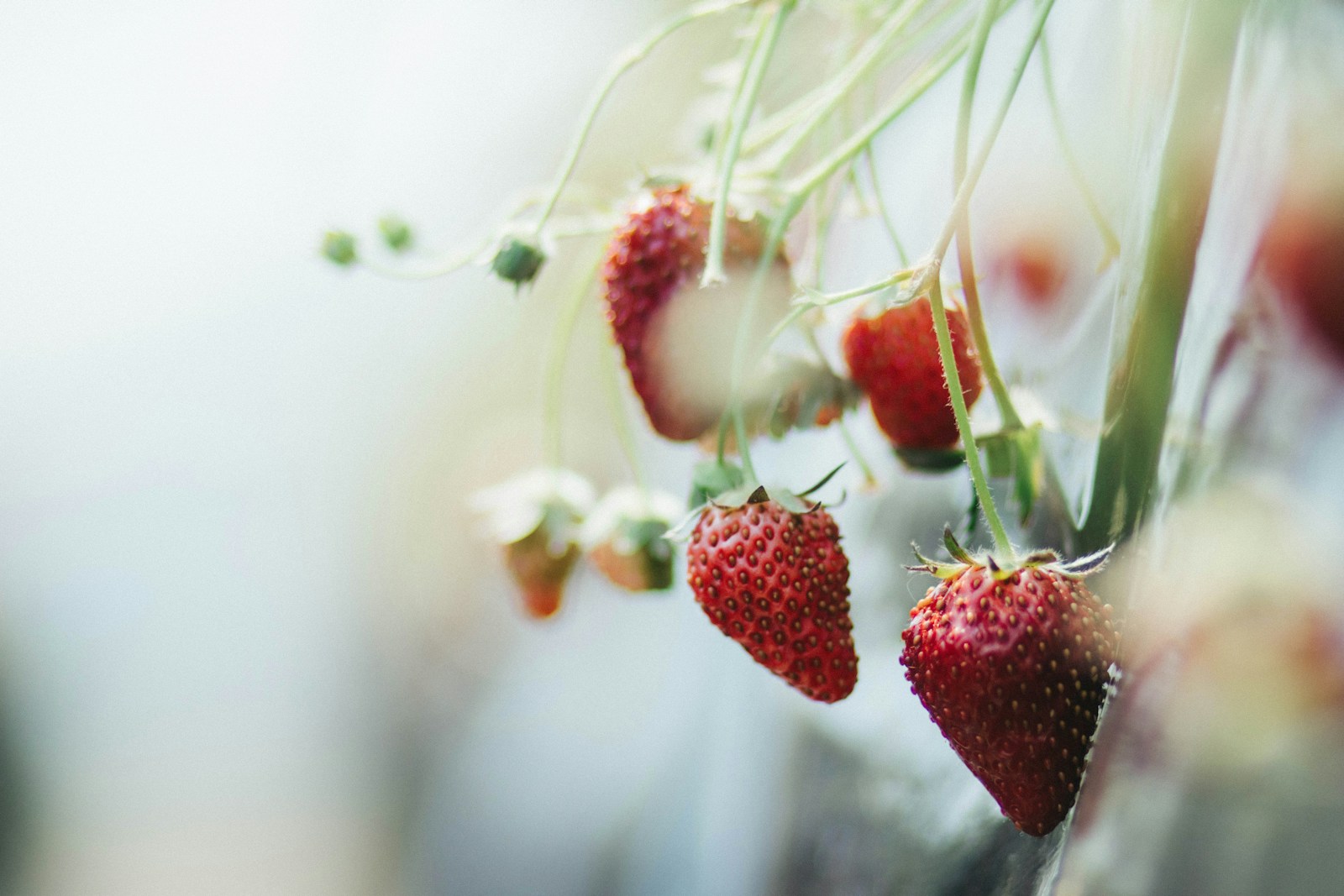
fresa

strawberry
A strawberry is a sweet, red heart-shaped fruit, which is much loved for its delicious taste. They grow on small strawberry plants in the ground.
Example sentences using: fresa
La fresa es mi fruta favorita.

The strawberry is my favorite fruit.
In this sentence, the student is learning how to express their favorite fruit in Spanish. 'Favorita' is the feminine form of 'favorite' in Spanish, matching the feminine noun 'fruta'.
¿Te gustan las fresas?

Do you like strawberries?
This is a simple question form which can be used with any type of food. '¿Te gustan?' can be translated as 'do you like?'. In Spanish, 'fresas' is the plural form of the word 'fresa'.
El pastel de fresa es delicioso.

The strawberry cake is delicious.
In Spanish, the adjective (delicioso) comes after the noun (pastel de fresa). So, it is 'The cake of strawberry is delicious' when translated word-by-word.
Quiero una tarta de fresa.

I want a strawberry pie.
In this sentence, the student is expressing a desire or want for a strawberry pie. 'Quiero' is the verb 'to want' in first person singular.
Ella comió una fresa.

She ate a strawberry.
In Spanish, to express the past, 'ed' is not used as with English verbs. Instead, the verb is entirely changed. 'Comió' is the past tense of the verb 'comer' (to eat).
Estas fresas son muy dulces.

These strawberries are very sweet.
In this sentence, the student is describing the strawberries' taste. 'Dulces' is a Spanish word that means sweet, and 'muy' is used to express the degree, meaning 'very'.
Fresas con crema son un postre popular en México.

Strawberries with cream are a popular dessert in Mexico.
This sentence not only practices the usage of the word 'strawberries' but also introduces a cultural aspect of Mexico.
El jugo de fresa es refrescante.

The strawberry juice is refreshing.
This sentence is about expressing opinions about foods or drinks. 'Refrescante' is a Spanish adjective that describes something as refreshing.
La ensalada lleva fresas y espinacas.

The salad contains strawberries and spinach.
In this sentence, you learn how to talk about the ingredients of a dish. 'Lleva' can be translated as 'contains' or 'includes'.
Voy a comprar fresas en el mercado.

I'm going to buy strawberries in the market.
In this sentence, the student is learning how to express intentions to do something in the future. 'Voy a comprar' means 'I'm going to buy'.